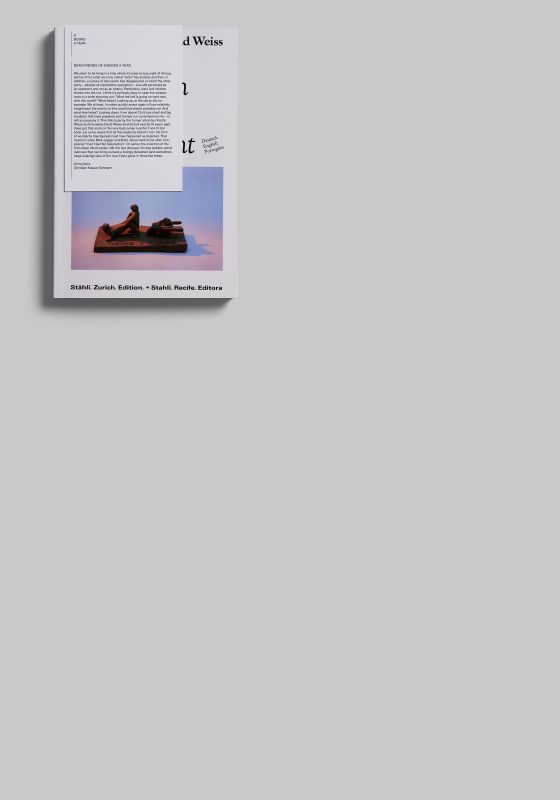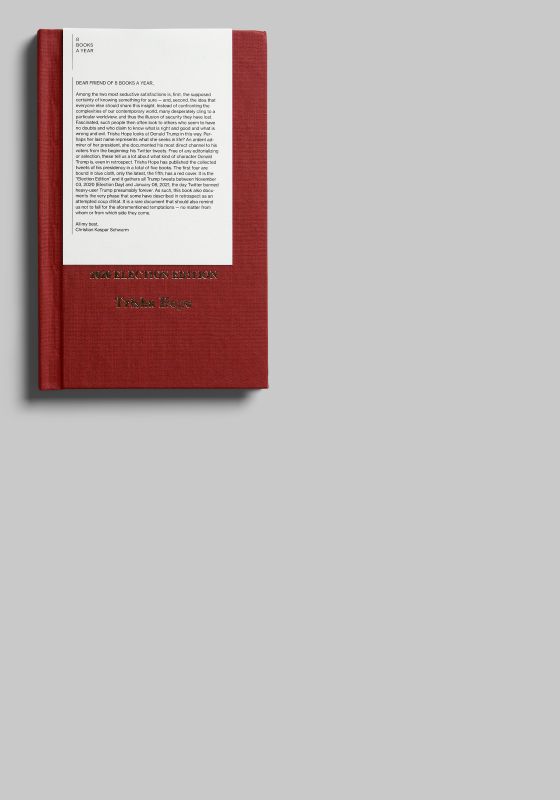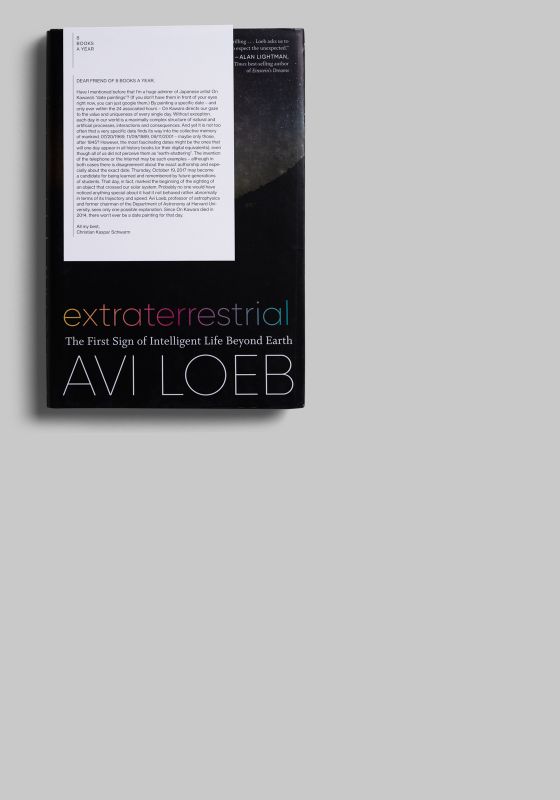JULY 2022
Eilon Paz, Dan Epstein, James Rotondi
Stombox
100 Pedals of the World’s Greatest Guitarists
Dust & Grooves Publications, 2020
Dear friends of 8 books a year,
When I was 14, I bought an electric guitar. A little later, I formed a punk band. It was called “Eure Roheit” and our most important song was about something as rebellious as riding the Ulm public transportation without paying for a ticket. I hardly knew more than three chords on my instrument – and our singer couldn‘t sing. This then prompted him to learn guitar with the help of an accomplished jazz musician. He quickly became very good. In the meantime, we all had matured a few years and loved bands like “Dan Reed Network” or “Living Colour”. Because I couldn‘t keep up on guitar, I switched to bass. Our own band project was ambitious, we even won a competition for newcomers which inclu- ded a record contract with an indie label. The recordings were made, but the record never released, I don‘t remember why. When we started studying, we scattered into various different cities and directions. Playing bass was great, but since it was never really my innermost passion, ma- king music unfortunately disappeared from my life. It took me 20 years to remember that I had once dreamed of becoming a good guitar player. When I got back into it, it was with body, soul and ... equipment. This included so-called pedals: little magic boxes that can do strange things with the sound of a guitar. In their entirety, they form an auditory – and visual – subculture that tells music history and yet is often completely unknown, even to music lovers.
All my best,
Christian Kaspar Schwarm
Eilon Paz, Dan Epstein, James Rotondi
Stombox
100 Pedals of the World’s Greatest Guitarists
Dust & Grooves Publications, 2020
Read InscriptionDear friends of 8 books a year,
When I was 14, I bought an electric guitar. A little later, I formed a punk band. It was called “Eure Roheit” and our most important song was about something as rebellious as riding the Ulm public transportation without paying for a ticket. I hardly knew more than three chords on my instrument – and our singer couldn‘t sing. This then prompted him to learn guitar with the help of an accomplished jazz musician. He quickly became very good. In the meantime, we all had matured a few years and loved bands like “Dan Reed Network” or “Living Colour”. Because I couldn‘t keep up on guitar, I switched to bass. Our own band project was ambitious, we even won a competition for newcomers which inclu- ded a record contract with an indie label. The recordings were made, but the record never released, I don‘t remember why. When we started studying, we scattered into various different cities and directions. Playing bass was great, but since it was never really my innermost passion, ma- king music unfortunately disappeared from my life. It took me 20 years to remember that I had once dreamed of becoming a good guitar player. When I got back into it, it was with body, soul and ... equipment. This included so-called pedals: little magic boxes that can do strange things with the sound of a guitar. In their entirety, they form an auditory – and visual – subculture that tells music history and yet is often completely unknown, even to music lovers.
All my best,
Christian Kaspar Schwarm












































